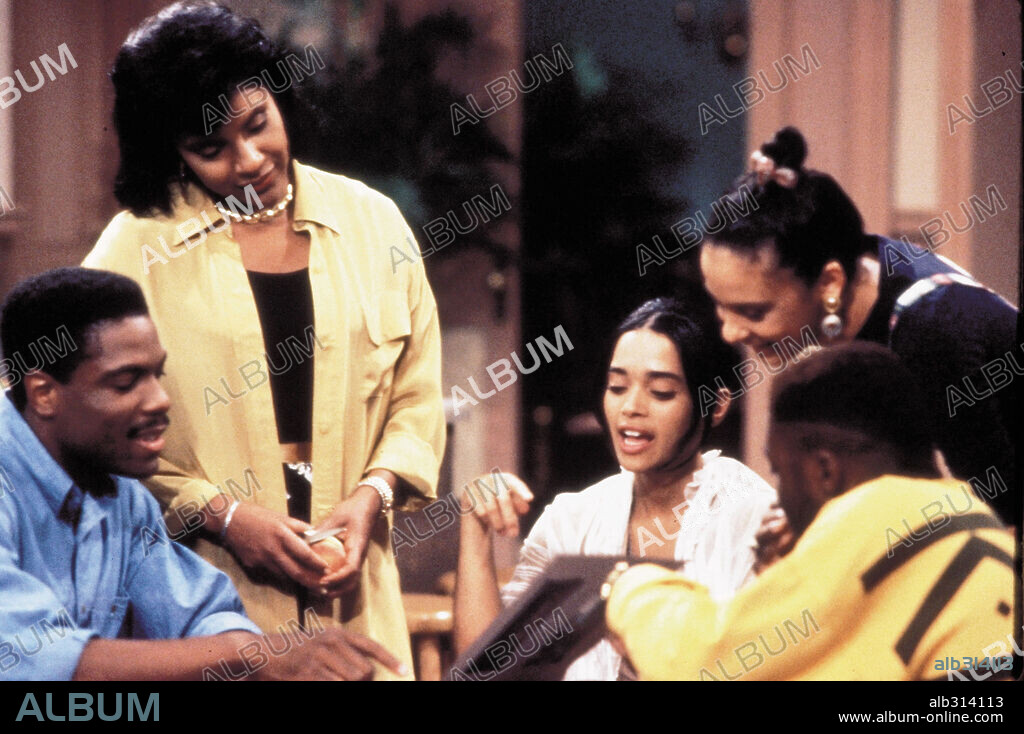
When we think about family sitcoms, few shows come to mind that have had the cultural impact of The Cosby Show. Premiering in 1984, this groundbreaking series not only redefined the genre but also changed the landscape of American television. Its portrayal of the Huxtable family, an upper-middle-class African American household, was revolutionary for its time.
A New Kind of Family on TV
Before The Cosby Show, African American families were often portrayed in stereotypical roles on television. Characters were frequently shown as impoverished or struggling, with the occasional role of the “token” African American character in predominantly white sitcoms. The Cosby Show flipped this script by showcasing a prosperous and well-educated family at the heart of its narrative. Cliff Huxtable, played by Bill Cosby, was a loving, wise, and humorous father who worked as an obstetrician, while his wife, Clair, portrayed by Phylicia Rashad, was a lawyer—an equal partner in the relationship and a role model for many.
This depiction was not just a breath of fresh air for Black Americans, but also for audiences of all races, as it normalized the idea that African American families could be successful, loving, and aspirational.
An Unprecedented Success
The success of The Cosby Show was immediate and immense. It became the number one show on television for several years, attracting millions of viewers each week. Its influence spread beyond entertainment, breaking down racial barriers and offering a much-needed positive portrayal of African American life.
A Legacy That Endures
Even decades later, The Cosby Show remains a cultural touchstone. It set the stage for future shows like The Fresh Prince of Bel-Air, Black-ish, and Family Matters, which built upon its legacy of portraying Black families in a positive light. The show’s characters, writing, and themes still resonate with viewers, making it a timeless classic.
In the world of television, The Cosby Show remains not just a show, but a symbol of what family television can be: insightful, funny, and meaningful. It’s a reminder that, sometimes, the most powerful statements are made not just through words, but through the images we see on screen.
